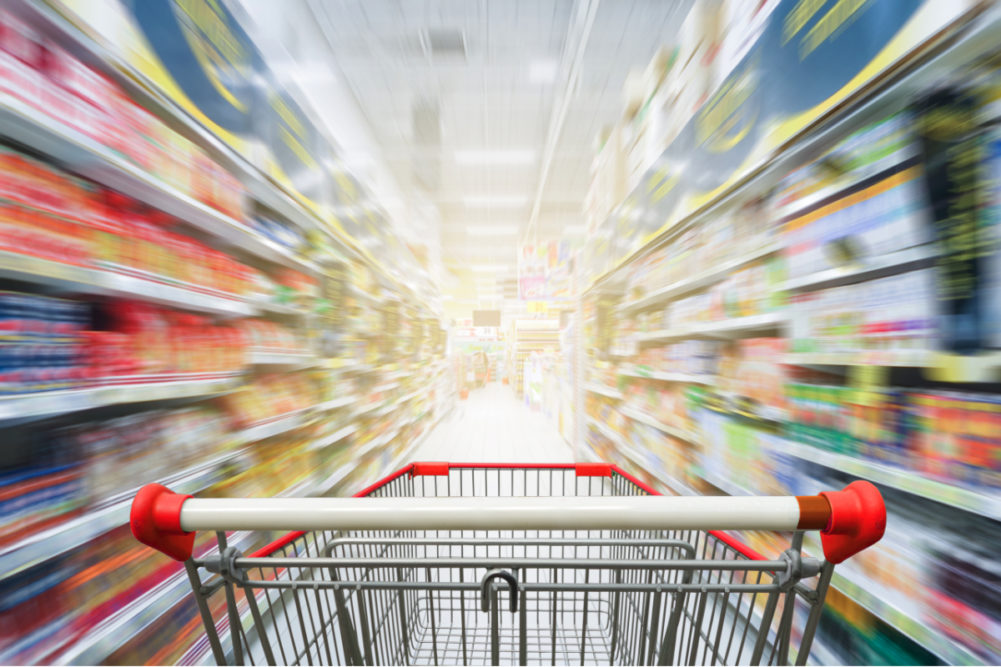 KANSAS CITY — The surge in pantry-loading during March and April prompted retailers nationwide to restock shelves with the fastest-moving stock-keeping units (SKUs). As the market returns to steadier levels of demand, some consumer packaged goods leaders see the shift away from slower-moving SKUs continuing.
KANSAS CITY — The surge in pantry-loading during March and April prompted retailers nationwide to restock shelves with the fastest-moving stock-keeping units (SKUs). As the market returns to steadier levels of demand, some consumer packaged goods leaders see the shift away from slower-moving SKUs continuing.
Many CPG product development efforts hinge on incremental innovation — the addition of a new flavor, package size or other minor attribute. While such efforts may attract short-term attention, rarely do they generate meaningful long-term sales or market share gains. They are a component of an overall strategy to hold consumer attention.
The retail market was upended in early March when restaurants nationwide closed, stay-at-home orders were put in place and consumers cleared retail shelves. CPG manufacturers reduced the number of SKUs produced to maximize supply chain capacity utilization and keep pace with the unprecedented demand.
Initially, many CPG companies shelved innovation projects and plans and delayed new product launches.
“We postponed a lot of innovation,” said Miguel Patricio, chief executive officer of the Kraft Heinz Co., during a conference call with investors April 30 to discuss first-quarter results. “Talking with our customers, we thought, actually, that was the best thing to do because at this moment, what we are doing is actually reducing the number of SKUs that we are producing, so we can have better productivity in our lines.”
Kellogg Co. followed a similar path, pushing second-quarter launches to the second half of the year. But management expressed commitment to an innovation strategy that brings good news to categories and makes a strong case for the economic benefits of products like ready-to-eat cereal as a meal solution.
But now the question is how tolerant will retailers be of slower-moving SKUs reappearing on store shelves? Robert J. Gamgort, executive chairman, president and CEO of Keurig Dr Pepper Inc., thinks the bar on innovation will be raised.
“Now that we’ve done all of this hard work of SKU reduction, which every consumer products company (and) every retailer wants to do, but is afraid to do,” he said during a virtual presentation. “Now that we’ve been forced into it, and it’s serving us well in the short term, let’s be thoughtful about what we add in the long term.”
John Murphy, chief financial officer of The Coca-Cola Co., offered a similar sentiment during a May 27 investor presentation, when he said the company has seen a falloff in “small innovations.”
“I see the way in which we manage our innovation pipeline also coming under scrutiny,” Mr. Murphy said. “By that, I mean, I think … there will be more demand from our customers for bigger, more scalable solutions than to have a plethora of small exploration projects. So, I think there’s an opportunity in that regard to rebalance the innovation pipeline to deliver against that expectation.”
Mr. Murphy expects the focus of retailers on faster-moving SKUs to last through 2020. Some slower-moving items may make their way onto shelves the following year, but those brands that rely on long tails of incremental innovation may find future retail shelf space limited.
Retailers have gotten a taste of higher demand velocities and will strive to keep momentum above pre-pandemic levels. Food and beverage product developers now face the challenge of meeting this elevated expectation.





